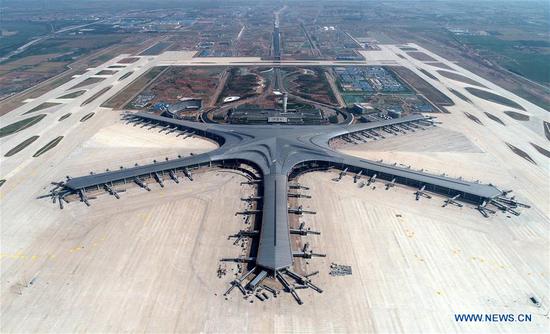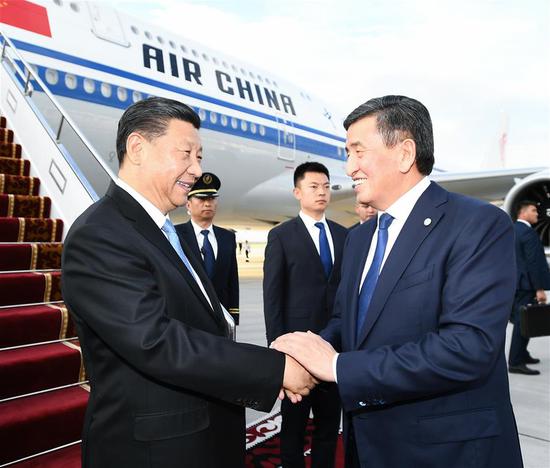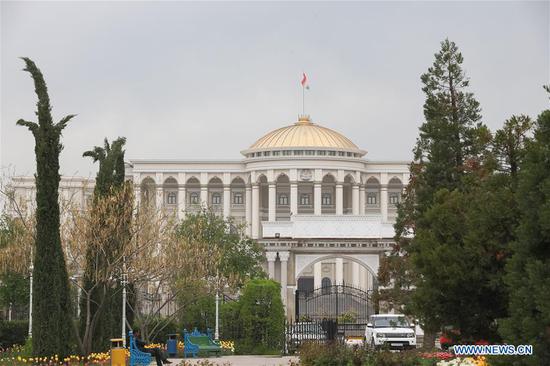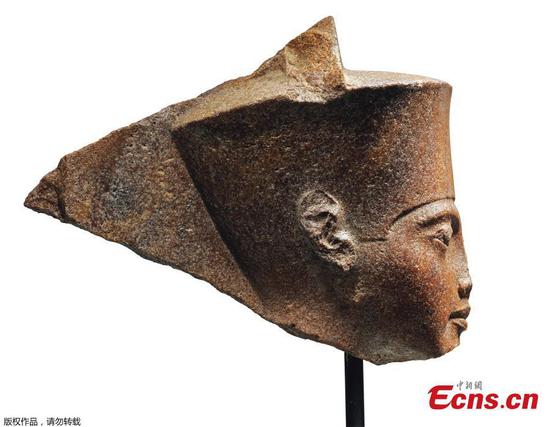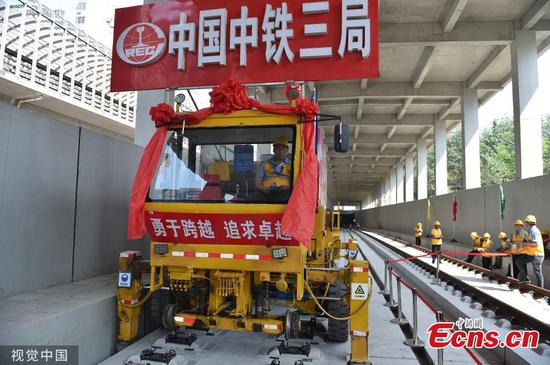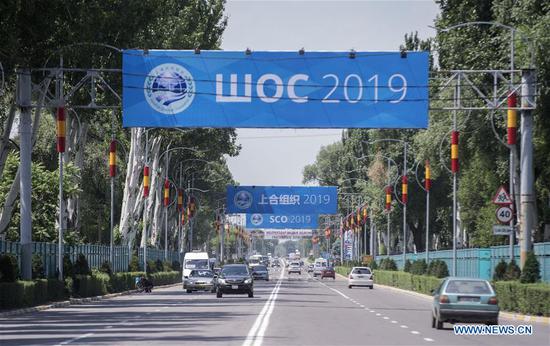The Ministry of Commerce on Thursday urged the United States to immediately cease its wrong practices and rescind unilateral sanctions against Chinese companies.
China will take all necessary measures to safeguard the legitimate rights and interests of its enterprises, ministry spokesman Gao Feng said at a news conference.
The ministry will soon release details about an "unreliable entities" list — a blacklist of foreign parties that, for noncommercial reasons, harm the interests of Chinese companies, Gao said.
China and the U.S., the world's two largest economies, reached an impasse in negotiations over trade issues. China has repeatedly spoken against Washington's unilateral and protectionist moves, and vowed to take countermeasures.
The National Development and Reform Commission, the country's top economic planner, is preparing to set up a national technological security management list to mitigate risks to national security, earlier reports stated.
Gao said it is an international practice for countries to protect their own technologies through the legal system.
In the first five months, investment from the U.S. in China climbed 7.5 percent year-on-year, the Ministry of Commerce said. Overall, China's foreign direct investment increased 6.8 percent year-on-year to 369.06 billion yuan ($53.35 billion) during the period.
Trade volume between China and U.S. declined 9.6 percent to 1.42 trillion yuan between January and May. Gao said that five consecutive months of shrinking trade showed that the competitive advantage of U.S. products has declined and companies' normal business has been disrupted.
Zhang Ming, China's ambassador to the European Union, said the U.S. government has been wielding the stick of tariffs in many markets, including the EU.
China and the EU should work together to foster a more stable and predictable business environment, Zhang said at a luncheon on Tuesday hosted by EU-China Business Association.
Bai Chongen, dean of Tsinghua University's School of Economics and Management, said: "The Chinese economy has a huge potential, and as long as we keep reforming, we will not be defeated. In the meantime, we need to keep the door open to protect multilateralism."
Bai suggested that the market in Europe — notably the United Kingdom, France and Germany — was worthy of pursuing.
"The core conflict is that between unilateralism and multilateralism," he said. "China could turn such a situation into a good one if it handles the conflict right, as China can make friends with more countries around the world. This sentiment is shared between those countries and China."
Ju Jiandong, an economics professor at Tsinghua University, pointed out that the U.S. needed to carefully evaluate the potential damage a trade war can cause.
"The breakdown of the global value chain would cause a stock market crash," he said. "The bankruptcy of Lehman Brothers almost crushed Wall Street, and now we are talking about dozens of companies involved in the global industrial value chain."




















